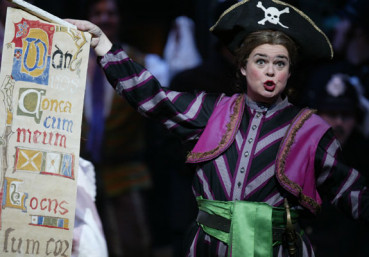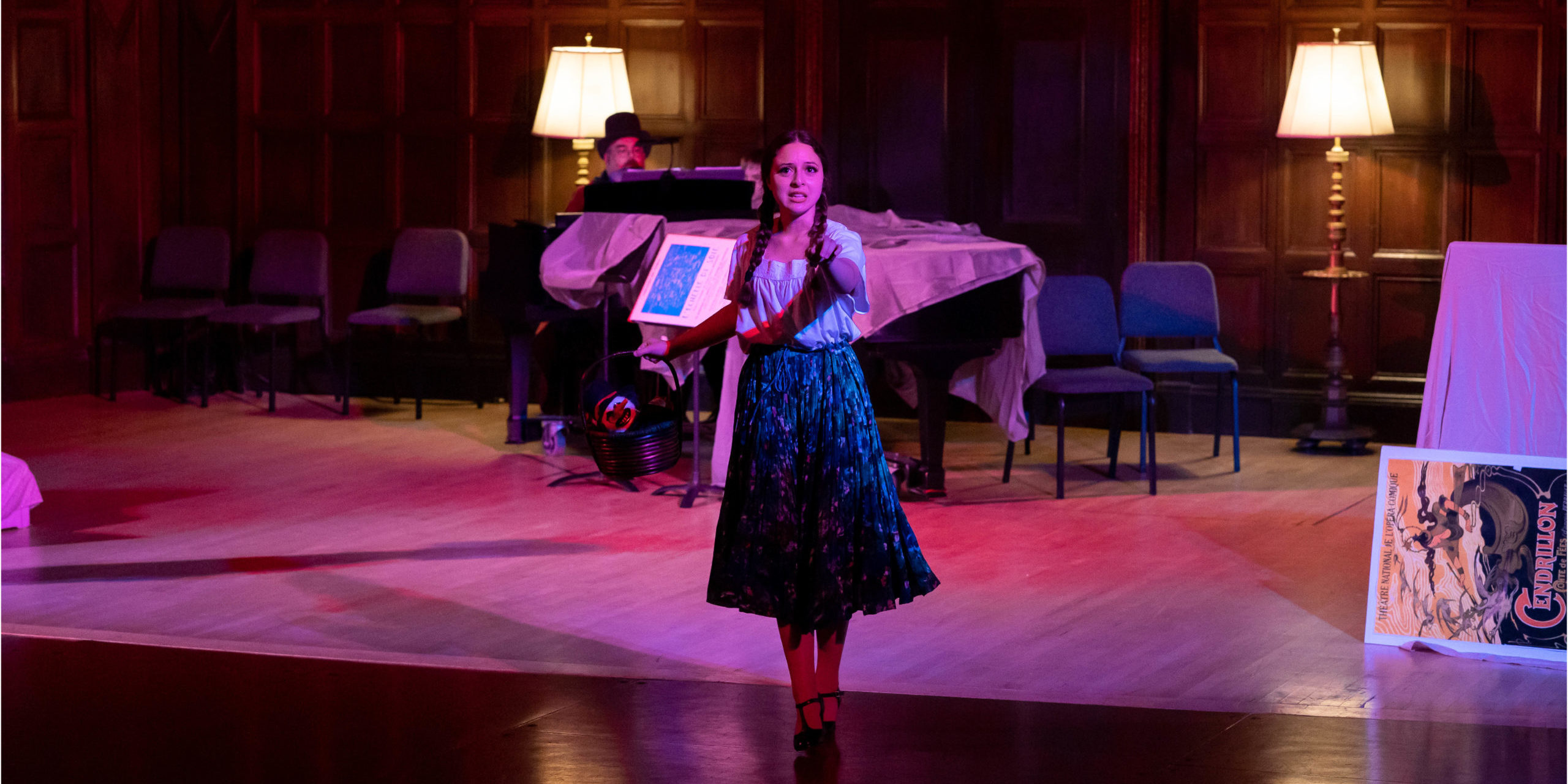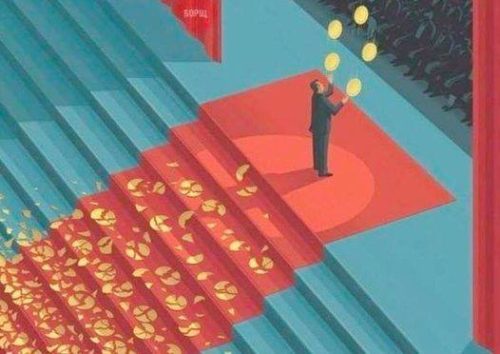by Kathryn Cowdrick
Eastman Professor of Voice Kathryn Cowdrick began her career as a speech pathologist, then moved to the vocal performance world and sang opera professionally for 30 years. She joined the faculty at Eastman in 2002. Here, she shares thoughts on vocal pedagogy and previews Vocal Pedagogy for Choral Conductors & Voice Teachers, her online workshop for Summer@Eastman 2021.
“A knowledge of the mechanism is the foundation of an objective pedagogy, and a mastery of the technique is the prerequisite for artistic expression.” – William Vennard
The study of pedagogy has components of both science and practice. Students need to learn all the processes as described in texts: body mapping, registration, respiration, resonance and gender teaching differences. Students should also gain an understanding of the vocal mechanism and learn how to diagnose and solve technical and vocal problems.
Good information and guidance allow even our youngest singers the ability to sing freely and to find their unique vocal fingerprint. The illustration above reminds us that learning to sing is an adventure in practice–a lifelong journey, not a race. When we become secure, we can “let the plates go,” because that is how they stay in the air.
Young singers are often allowed to sing for a long time on talent alone. As a teacher, my goal is to make sure my students know that knowledge promotes longevity. Even young singers need to understand the concepts of vocal mechanics, so that they can develop vocal strategies to support their singing and leave their lessons determined to be smarter and braver. They need to know how to practice healthily. If they know how to strategize, how to warm up, or how to balance their position and breath, they can be independent, informed singers. We as teachers are charged with not only learning how to help our young singers, but also how to guide our aging singers.

Kathryn Cowdrick as Ruth in The Pirates of Penzance, Fort Worth Opera, 2004 (photo courtesy of Kathryn Cowdrick)
I have designed this summer’s vocal pedagogy course to be a refresher, or to provide some new information for singers, teachers, coaches, and choral conductors to continue to explore the joys and challenges of singing. I am delighted to welcome special guests Robert Swensen and Michael Hanley to our classes; they will speak on the training of the male voice and musical theater voice training. We will tailor our discussions and projects to help everyone at their own level of expertise.
One last note: I firmly believe that great teachers are great thieves! We gather information not only from texts but also from the training and metaphors passed down from teachers and colleagues. I hope this class can provide a wonderful opportunity for that sharing. We learn from what is around us, but art comes from what is in us and what is discovered when we explore and when we are brave.
Vocal Pedagogy for Choral Conductors & Voice Teachers runs June 28-August 6, 2021. Registration is open now – for more information click the course name/link here.


